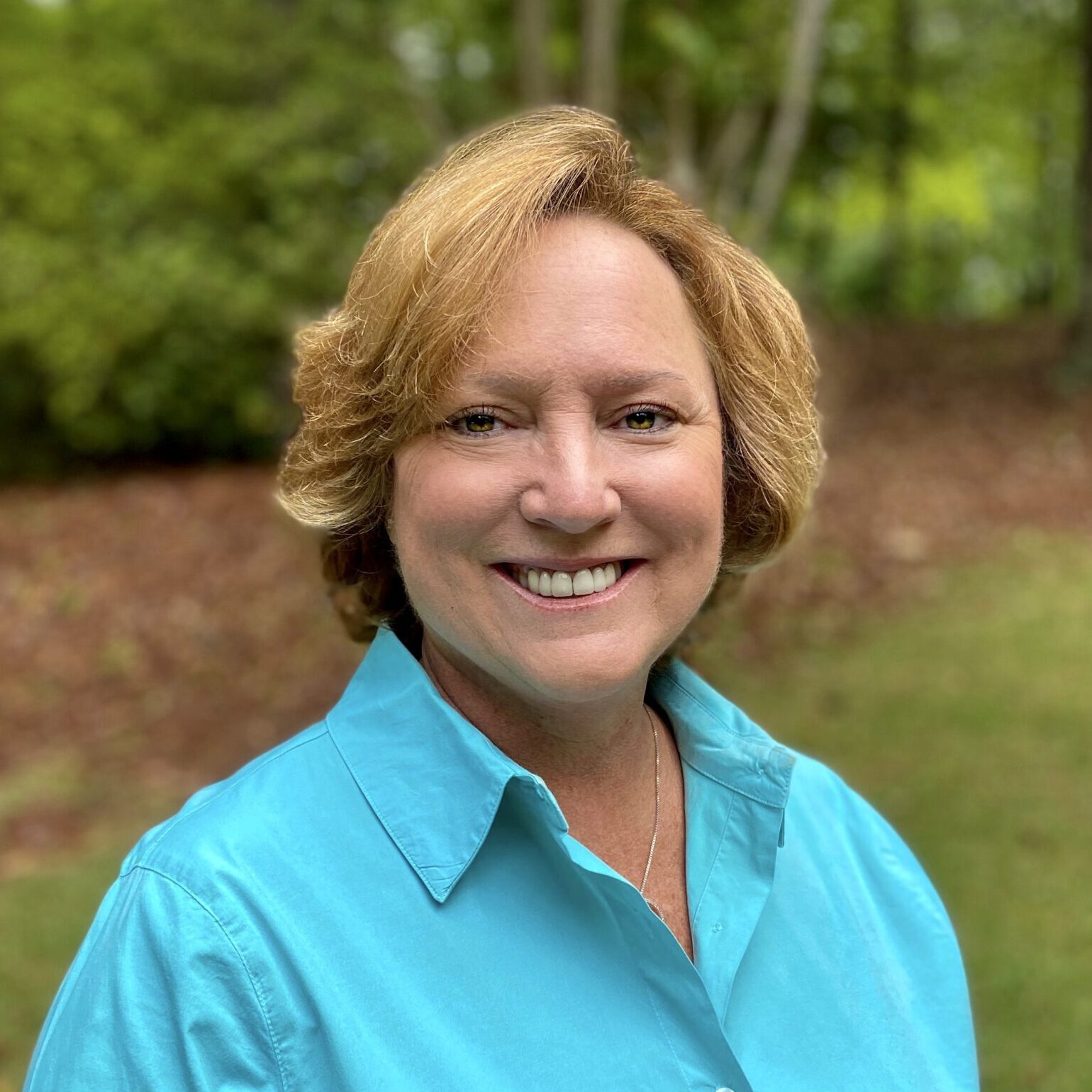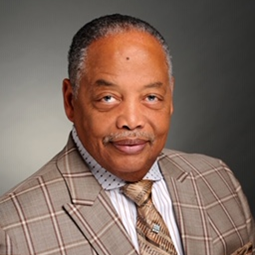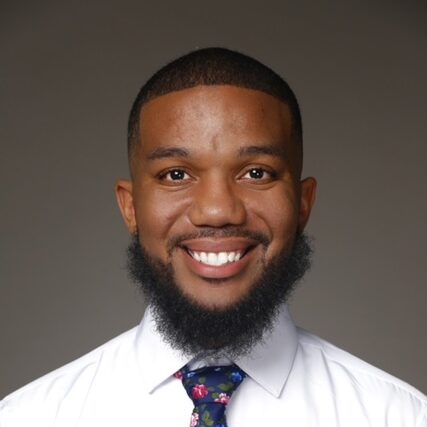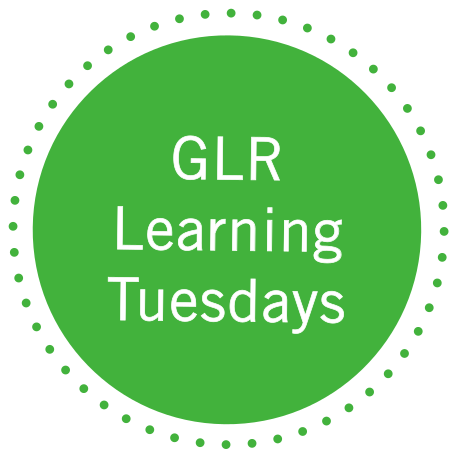
- This event has passed.
B-flation: New Data Reveals Parent-Teacher Disconnect on Student Learning
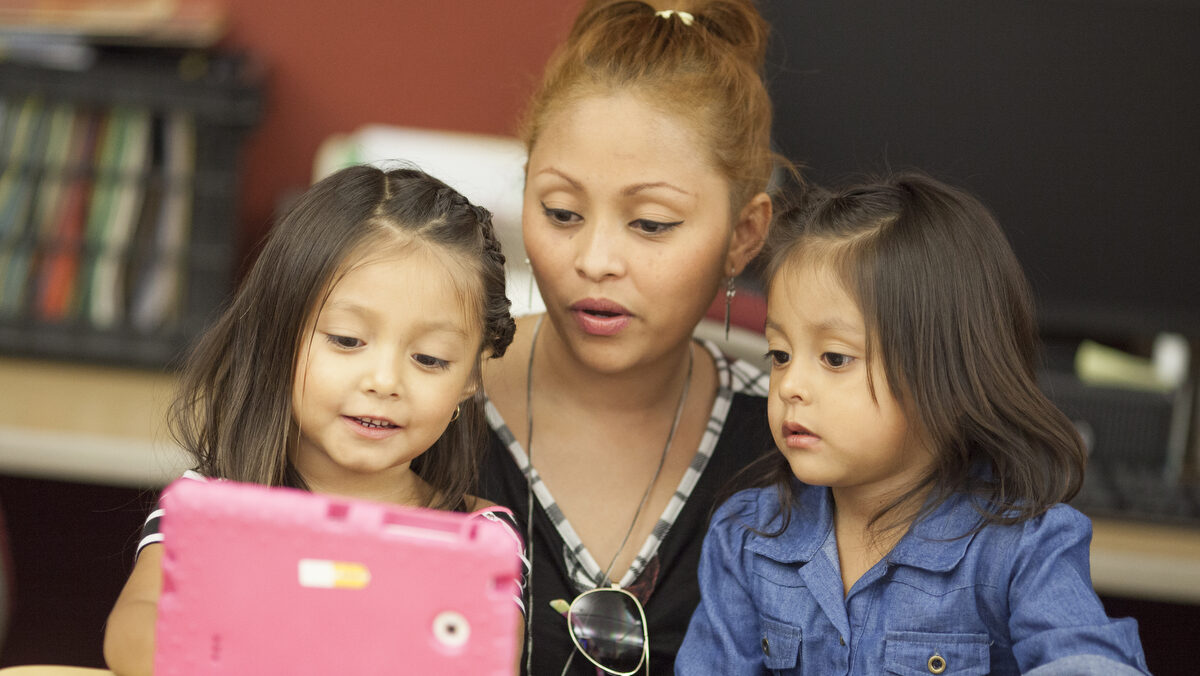
In this November 21, 2023 GLR Learning Tuesdays session, co-sponsored by GLR strategic partner, Learning Heroes, we unpacked a new report called B-Flation: How Good Grades Can Sideline Parents produced by Learning Heroes with Gallup. The report breaks down brand new data about how parents get information about their children’s progress, indicating that nearly 8 in 10 parents say that their child is receiving mostly B’s, but B’s do not always mean that grade-level achievement is being reached in math and reading.
Moderator Tracie Potts, Chair of the Learning Heroes Advisory Board and Executive Director of the Eisenhower Institute at Gettysburg College, began by engaging in a deep discussion with David Park of Learning Heroes. Potts first engaged Park in a deep exploration of the data and the findings in the new report, emphasizing how important it is for teachers and parents to engage in working partnerships so that parents understand additional measures of performance beyond grades. Park helped us understand that grades are only one measure and that parents need more:
Report cards are great, but they really measure [different aspects of performance] than just grade level. They measure attendance. And whether a child participated, whether they handed in their homework. All of these things are very important. 64% of parents say that their child’s report card is the most helpful source of information to let their child know or let them know whether their child is performing on grade level. [Instead of relying on just grades,] it’s important to give parents multiple measures of their child’s achievement.”
Potts then engaged a panel of local community leaders in a discussion of their solutions to this issue and how they are working with parents to ensure that they know how to approach their conferences with teachers and ask the right questions to understand how their children are progressing. Michele Connelly of the United Way of West Central Mississippi, Lisa Greening of Turn the Page, STL, Kim Myers of Get Troup Reading in Georgia, Rachel Powers of the Opportunity Trust in St. Louis, and John Robinson of the Houston Area Urban League discussed how they are deploying tools from Learning Heroes’ Go Beyond Grades campaign and their other replicable strategies to help parents build working relationships with teachers and schools. Powers explained how important it is to provide parents both the information and the tools they need to take steps to build relationships with teachers:
We know that when parents understand what the issue is, they take action. And so that’s part of the work that we’re doing: really bring the issue to parents so they understand that there are other ways that they can look at how their children are succeeding in schools. What we don’t want to do is just equip parents with knowledge and no real direction to take and instead provide them with steps to take. And the Go Beyond Grades campaign has been a great way to give those tools to parents directly. In Missouri, we’ve got a law now that requires parents to be notified when their child is not reading on grade level. And so we are using resources from the Go Beyond Grades campaign and can say, ‘Parents, now that you have the knowledge and the understanding, here are some tools, and here are some ways that we can walk through this together and really partner with teachers to make sure that we can get what’s best for your children.”
The session wrapped with Howard Winchester of Learning Heroes walking us through the updates and new tools available as part of the Go Beyond Grade campaign — and especially those that have been developed to directly respond to the issues emerging from the data.
Panel


